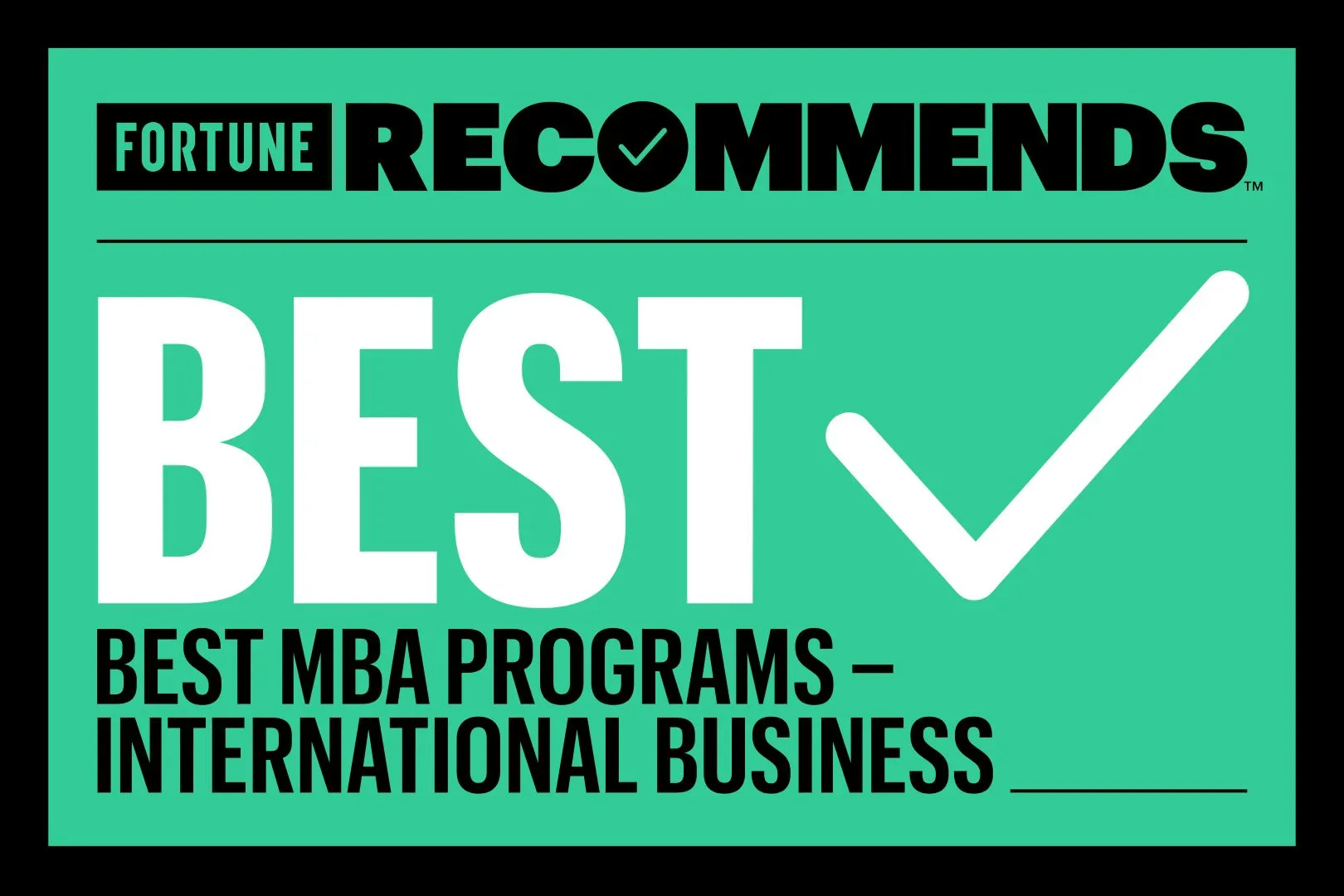Top MBA Programs with Strong Entrepreneurship Focus
Discover top MBA programs worldwide with MBAEduAcademy.com. We provide in-depth insights into prestigious MBA schools, comprehensive course details, and expert guidance on application requirements to help you achieve your business education goals.

An MBA with a strong focus on entrepreneurship offers aspiring business leaders the knowledge, network, and resources to start and grow their own ventures. These programs provide specialized courses in venture capital, startup management, business innovation, and leadership. They also connect students with investors, mentors, and startup incubators, ensuring real-world learning beyond the classroom.
Key Features of an MBA Program Focused on Entrepreneurship
- Startup Incubators and Accelerators - Many top business schools offer incubators where students can refine business ideas with mentorship from industry experts.
- Access to Venture Capital and Funding - Programs with strong alumni networks often provide direct connections to angel investors and VC firms.
- Flexible Curriculum and Electives - Courses in business innovation, leadership, and finance help build essential entrepreneurial skills.
- Hands-on Learning Opportunities - MBA programs focusing on entrepreneurship emphasize real-world applications through startup competitions, consulting projects, and networking events.
- Global Network of Entrepreneurs - The best programs create lifelong connections that help entrepreneurs find partners, clients, and advisors.
Stanford Graduate School of Business MBA Entrepreneurship Program
Stanford's MBA program is well-known for its strong focus on innovation and startups. With close ties to Silicon Valley, students get unparalleled access to investors, incubators, and startup mentors.
- Startup Incubators: Stanford StartX
- Key Courses: Formation of New Ventures, Entrepreneurial Finance, Leadership for Entrepreneurs
- Networking Opportunities: Access to Silicon Valley entrepreneurs and investors
- Program Cost: $82,000 per year
Harvard’s MBA program offers a specialized track in entrepreneurship with extensive resources, case studies, and mentorship from successful entrepreneurs.
- Startup Incubators: Harvard Innovation Labs (i-lab)
- Key Courses: Launching Technology Ventures, Scaling Startups, Business Model Innovation
- Networking Opportunities: Global network of HBS entrepreneurs and VCs
- Program Cost: $73,000 per year
MIT Sloan has a dedicated Entrepreneurship & Innovation Track that integrates technology and business, preparing students to launch tech startups.
- Startup Incubators: MIT Martin Trust Center for Entrepreneurship
- Key Courses: Entrepreneurial Strategy, New Enterprises, Technology Commercialization
- Networking Opportunities: MIT alumni in the startup ecosystem
- Program Cost: $80,000 per year
Haas School of Business offers one of the most comprehensive entrepreneurship MBA programs, emphasizing hands-on learning and startup execution.
- Startup Incubators: Berkeley SkyDeck Accelerator
- Key Courses: Venture Capital & Private Equity, Lean Startup Bootcamp, Business Law for Entrepreneurs
- Networking Opportunities: Access to Silicon Valley venture capitalists and startup founders
- Program Cost: $68,000 per year
Wharton’s MBA program offers deep insights into startup financing, leadership, and innovation, with access to one of the largest alumni networks in business education.
- Startup Incubators: Wharton Venture Lab
- Key Courses: Entrepreneurial Management, Venture Implementation, High-Tech Entrepreneurship
- Networking Opportunities: Connection to Wharton alumni in venture capital
- Program Cost: $76,000 per year
While an MBA provides a solid foundation, leveraging the right tools and platforms can help turn ideas into successful ventures. Here are some recommended products and services that support entrepreneurship.
Best Business Planning and Market Research Tools
- LivePlan - A business planning software that helps entrepreneurs create investor-ready business plans.
- Best For: Startups looking for a structured business plan approach
- Price: $20 per month
- Crunchbase Pro - A data-driven platform for researching market trends and potential investors.
- Best For: Entrepreneurs seeking funding and competitor analysis
- Price: $29 per month
- SEMrush - An all-in-one digital marketing tool to analyze competitors, SEO performance, and market opportunities.
- Best For: Startups looking to boost online presence
- Price: $119 per month
- AngelList - A platform that connects startups with angel investors and venture capital firms.
- Best For: Early-stage startups seeking investment
- Price: Free for startups, variable for investors
- Kickstarter - A crowdfunding platform to raise capital from the public.
- Best For: Product-based startups looking for pre-launch funding
- Fees: 5% platform fee + payment processing fees
- Gust - A platform that helps entrepreneurs find venture capital and accelerators.
- Best For: Founders looking to refine their pitch and connect with investors
- Price: Free for startups, paid for premium investor features
- Trello - A task management tool to organize startup workflow and collaboration.
- Best For: Small teams managing multiple projects
- Price: Free basic plan, premium starts at $5 per month
- Slack - A team communication tool to enhance collaboration.
- Best For: Remote teams and startup communication
- Price: Free basic plan, premium starts at $6.67 per month
- Stripe - A payment processing platform for online businesses.
- Best For: E-commerce startups and SaaS businesses
- Fees: 2.9% + 30¢ per transaction
| Tool | Best For | Key Features | Price |
| LivePlan | Business Planning | Investor-ready templates | $20/month |
| SEMrush | Market Analysis | SEO & competitor tracking | $119/month |
| AngelList | Startup Fundraising | VC & angel investor connections | Free |
| Trello | Project Management | Visual task organization | Free-$5/mo |
| Stripe | Payment Processing | Secure transactions | 2.9% + 30¢ |
Selecting an MBA program with a strong focus on entrepreneurship requires careful consideration of factors such as curriculum flexibility, access to incubators, and funding opportunities. The best programs go beyond theory and provide real-world startup experience, setting students up for success. With the right tools and education, aspiring entrepreneurs can build and scale their businesses effectively.
:max_bytes(150000):strip_icc()/277019-baked-pork-chops-with-cream-of-mushroom-soup-DDMFS-beauty-4x3-BG-7505-5762b731cf30447d9cbbbbbf387beafa.jpg)






